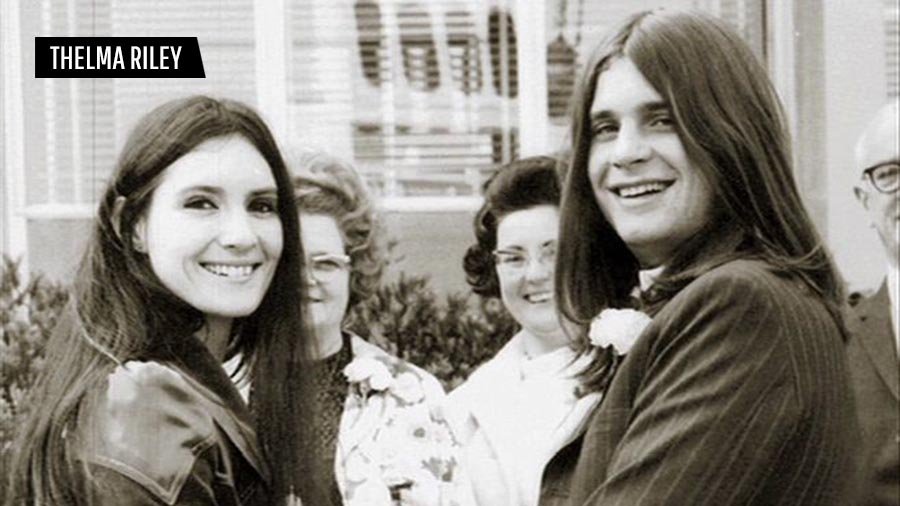In the world of energy healing and spiritual practices, the concept of chakras—energy centers in the body—has become a foundational element. While most discussions focus on the well-known seven chakras, there is a growing interest in understanding the “Parent Chakra,” a term that represents the nurturing and protective energy that underpins and influences the entire chakra system. This article delves into the Parent Chakra, exploring its significance, characteristics, and impact on our physical, emotional, and spiritual well-being.
1. Understanding Chakras
Before delving into the Parent Chakra, it is essential to understand the concept of chakras in general. The term “chakra” comes from the Sanskrit word for “wheel” or “disk,” and it represents spinning energy centers in the body that correspond to different aspects of our physical, emotional, and spiritual states.
The traditional chakra system consists of seven primary chakras, each associated with specific functions and areas of life:
- Root Chakra (Muladhara): Located at the base of the spine, it is associated with grounding, survival, and stability.
- Sacral Chakra (Svadhisthana): Found in the lower abdomen, it relates to creativity, sexuality, and emotional balance.
- Solar Plexus Chakra (Manipura): Situated in the upper abdomen, it governs personal power, confidence, and will.
- Heart Chakra (Anahata): Located at the center of the chest, it represents love, compassion, and emotional healing.
- Throat Chakra (Vishuddha): Positioned in the throat, it is linked to communication, self-expression, and truth.
- Third Eye Chakra (Ajna): Found between the eyebrows, it is associated with intuition, insight, and mental clarity.
- Crown Chakra (Sahasrara): At the top of the head, it represents spiritual connection, enlightenment, and higher consciousness.
Each chakra is thought to influence various aspects of our well-being, and a balanced chakra system is believed to contribute to overall health and harmony. The Parent Chakra concept extends this understanding by focusing on the foundational energy that supports and integrates the entire chakra system.
2. The Concept of the Parent Chakra
The Parent Chakra, though not traditionally included in the classical seven-chakra system, represents a more holistic view of energy dynamics. This concept suggests that there is a central or unifying energy that underlies and nurtures the individual chakras. It embodies the qualities of nurturing, protection, and integration, providing a supportive framework for the functioning of the other chakras.
2.1. Defining the Parent Chakra
The Parent Chakra is often considered a conceptual or symbolic energy center rather than a physical one. It is not typically located in a specific area of the body but rather serves as an overarching force that influences the entire chakra system. The idea is that just as a parent provides guidance, care, and support to a child, the Parent Chakra provides a nurturing energy that supports the balance and health of all other chakras.
2.2. Characteristics of the Parent Chakra
The Parent Chakra embodies several key characteristics:
- Nurturing: It represents the energy of care and support, similar to how a parent nurtures a child. This nurturing energy helps maintain balance and harmony within the chakra system.
- Protective: Like a protective parent, the Parent Chakra offers a sense of security and stability, shielding the individual from negative influences and imbalances.
- Integrative: It serves as a unifying force that integrates the energies of the other chakras, ensuring that they work together harmoniously.
3. The Role of the Parent Chakra in Holistic Well-Being
The Parent Chakra plays a crucial role in maintaining the overall balance and well-being of the individual. Its influence extends to various aspects of physical, emotional, and spiritual health.
3.1. Physical Health
While the Parent Chakra is not associated with a specific physical location, its nurturing energy supports the overall health of the physical body. It helps regulate the flow of energy throughout the chakras, which can impact physical health by ensuring that each chakra functions optimally.
For example, a well-balanced Parent Chakra can contribute to the proper functioning of the Root Chakra, which is linked to physical stability and vitality. Similarly, it can support the Heart Chakra, which plays a role in cardiovascular health and emotional well-being.
3.2. Emotional Well-Being
Emotionally, the Parent Chakra provides a sense of security and stability. It helps individuals feel supported and cared for, which can enhance emotional resilience and balance. By fostering a nurturing environment, the Parent Chakra can help individuals navigate emotional challenges and maintain a sense of inner peace.
A well-balanced Parent Chakra can also influence the Sacral Chakra, which governs emotional expression and creativity. By providing a supportive foundation, it allows for healthier emotional experiences and creative self-expression.
3.3. Spiritual Growth
In terms of spiritual growth, the Parent Chakra represents the integrative energy that supports the development of higher consciousness. It serves as a bridge between the individual and the higher realms of spiritual awareness, facilitating a deeper connection with one’s true self and the universe.
The Parent Chakra can influence the Crown Chakra, which is associated with spiritual enlightenment and higher consciousness. By providing a nurturing and protective energy, it helps individuals explore and develop their spiritual potential.
4. Cultivating and Balancing the Parent Chakra
Cultivating and balancing the Parent Chakra involves practices that enhance its nurturing and protective qualities. While there are no specific exercises solely dedicated to the Parent Chakra, several general practices can help support its energy and ensure that it contributes positively to overall well-being.
4.1. Meditation and Visualization
Meditation and visualization techniques can be used to connect with the energy of the Parent Chakra. Practices that focus on nurturing, protection, and integration can help strengthen this central energy.
One effective approach is to visualize a warm, supportive light surrounding the entire chakra system, enveloping each chakra with a sense of care and protection. This visualization can help enhance the Parent Chakra’s influence and create a balanced energy flow throughout the system.
4.2. Self-Care and Nurturing Practices
Engaging in self-care and nurturing practices is essential for supporting the Parent Chakra. Activities such as relaxation, stress management, and self-compassion contribute to a sense of well-being and stability.
Incorporating practices such as mindfulness, journaling, and regular self-reflection can also help maintain emotional balance and strengthen the nurturing energy of the Parent Chakra.
4.3. Energy Healing and Reiki
Energy healing practices, such as Reiki, can be beneficial for balancing and supporting the Parent Chakra. Reiki practitioners can focus on the central energy of the chakra system, channeling healing energy to enhance the nurturing and protective qualities of the Parent Chakra.
Energy healing sessions can help clear blockages, restore balance, and promote a sense of overall well-being. Working with a skilled practitioner can provide valuable insights into the state of the Parent Chakra and offer guidance for its cultivation.
4.4. Integrative Practices
Incorporating integrative practices that address the whole self—physical, emotional, and spiritual—can support the Parent Chakra. Activities such as yoga, tai chi, and holistic therapies can help maintain balance and harmony within the chakra system.
These practices promote a sense of unity and integration, aligning with the nurturing and protective qualities of the Parent Chakra. By fostering overall well-being, individuals can create a supportive environment for the entire chakra system.
5. The Parent Chakra in Modern Context
The concept of the Parent Chakra, while not traditionally included in classical chakra systems, reflects a modern understanding of energy dynamics and holistic well-being. It emphasizes the importance of a unifying energy that supports and integrates the entire chakra system, providing a foundation for balance and health.
In contemporary spiritual and wellness practices, the Parent Chakra serves as a reminder of the interconnectedness of all aspects of our being. It highlights the need for nurturing and protective energy that fosters overall harmony and supports personal growth.
6. Conclusion
The Parent Chakra represents a valuable concept in the exploration of energy healing and holistic well-being. By embodying the qualities of nurturing, protection, and integration, the Parent Chakra provides a foundational energy that supports and enhances the functioning of the entire chakra system.
Understanding and cultivating the Parent Chakra can contribute to a greater sense of balance and harmony, supporting physical health, emotional resilience, and spiritual growth. While not traditionally recognized in classical chakra systems, the Parent Chakra offers a modern perspective on the importance of unified energy and holistic well-being.
As you explore the concept of the Parent Chakra, consider integrating practices that support its nurturing and protective qualities. By fostering a balanced and supportive energy environment, you can enhance your overall well-being and create a harmonious foundation for personal growth and spiritual development.



